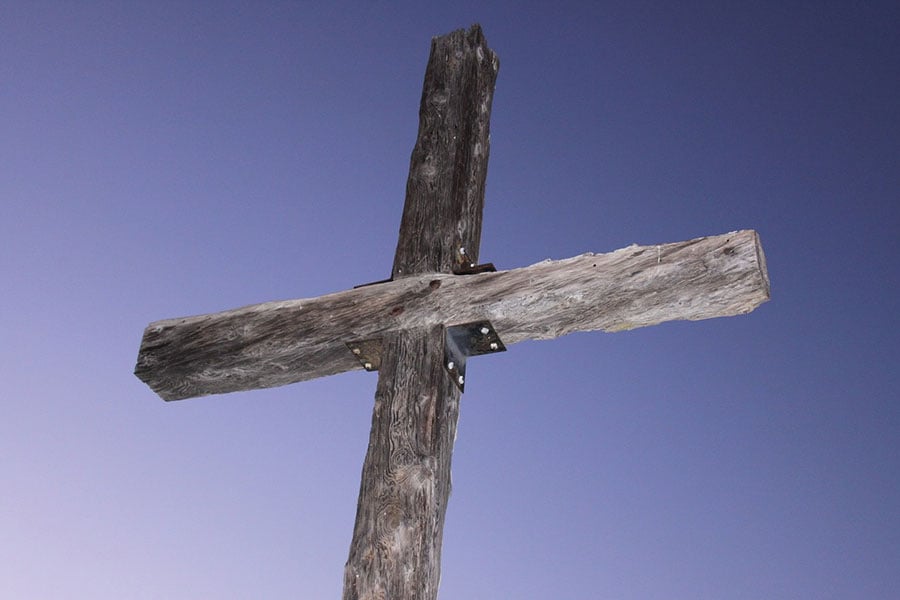March 17, 2024 - One Bread, One Body

March 17, Fifth Sunday of Lent
Cycle B Readings:
1) Jeremiah 31:31-34
Psalm 51:3-4, 12-15
2) Hebrews 5:7-9
John 12:20-33
Easter is only for the dead
“The man who loves his life loses it, while the man who hates his life in this world preserves it to life eternal.” —John 12:25
There are two more weeks until Easter. We are on the threshold of one of the most significant moments of our lives. Do we expect to meet the risen Christ this Easter? The risen, glorified Jesus is about to come to us in a special way. However, to experience the resurrection, we must be willing to die. Only the dead can come to life.
“I solemnly assure you, unless the grain of wheat falls to the earth and dies, it remains just a grain of wheat. But if it dies, it produces much fruit” (Jn 12:24). We must accept the deaths of repentance, sacrifice, obedience, suffering, and persecution, or we do not have the prerequisites for resurrection. “Continually we carry about in our bodies the dying of Jesus, so that in our bodies the life of Jesus may also be revealed. While we live we are constantly being delivered to death for Jesus’ sake, so that the life of Jesus may be revealed in our mortal flesh” (2 Cor 4:10-11).
The old song says: “Everybody wants to go to heaven, but nobody wants to die.” We might paraphrase it: “Everybody wants the resurrection without the crucifixion, the glory without the cross, Easter without Lent.”
Prayer: Jesus, may the next two weeks be a real-life “way of the cross.”
Promise: “I will place My law within them, and write it upon their hearts; I will be their God, and they shall be My people.” —Jer 31:33
Praise: Praise and honor to You, forgiving and merciful Lord Jesus Christ.
Rescript: "In accord with the Code of Canon Law, I hereby grant the Imprimatur ("Permission to Publish") for One Bread, One Body covering the period from February 1, 2024, through March 31, 2024. †Most Reverend Steve J. Angi, Chancellor, Vicar General of the Archdiocese of Cincinnati, Cincinnati, Ohio June 7, 2023."
The Nihil Obstat ("Permission to Publish") is a declaration that a book or pamphlet is considered to be free of doctrinal or moral error. It is not implied that those who have granted the Nihil Obstat agree with the contents, opinions, or statements expressed.
